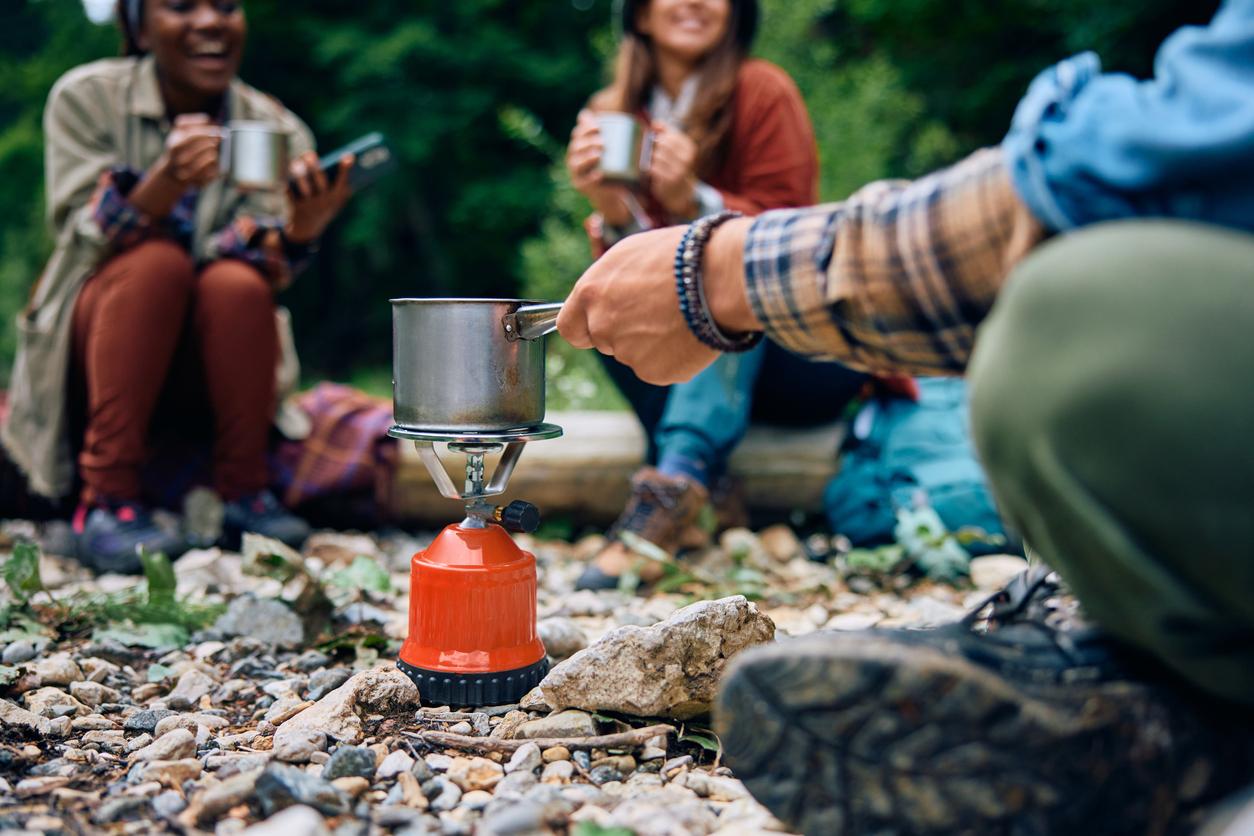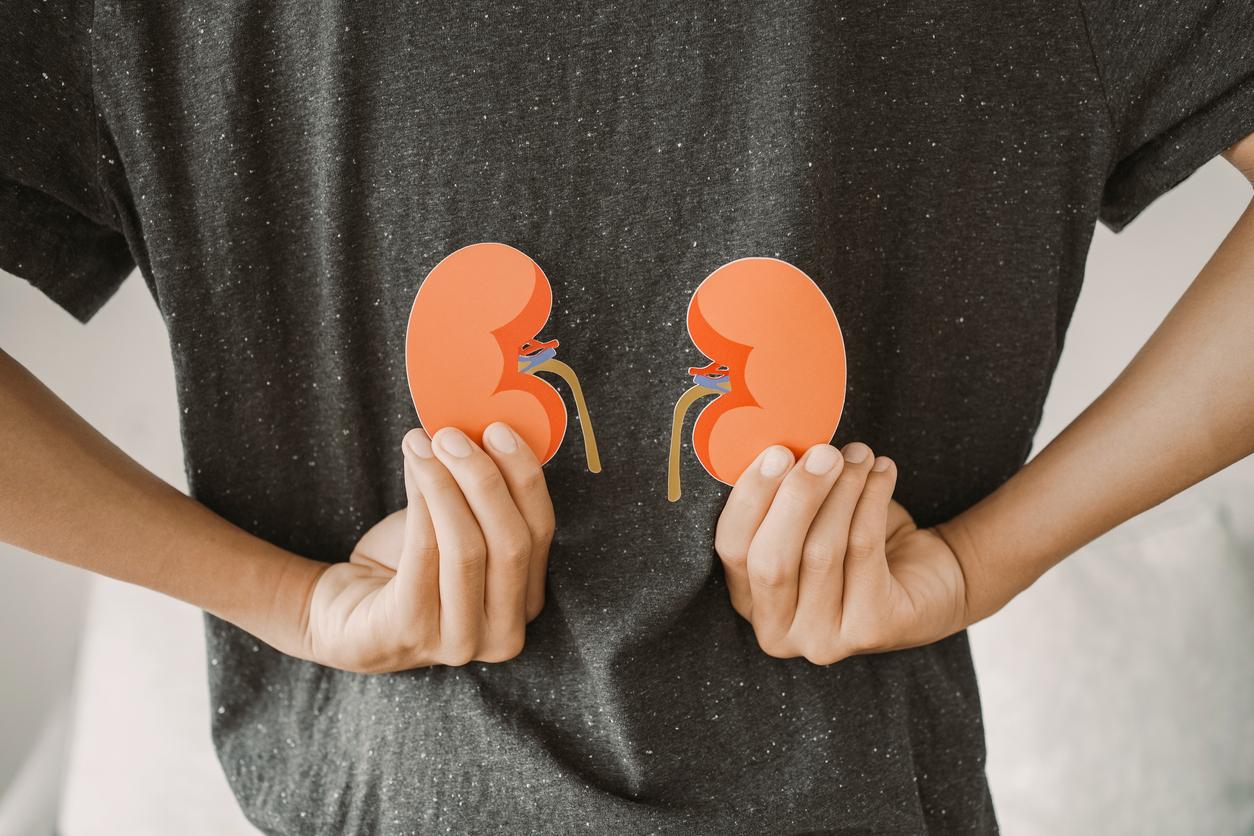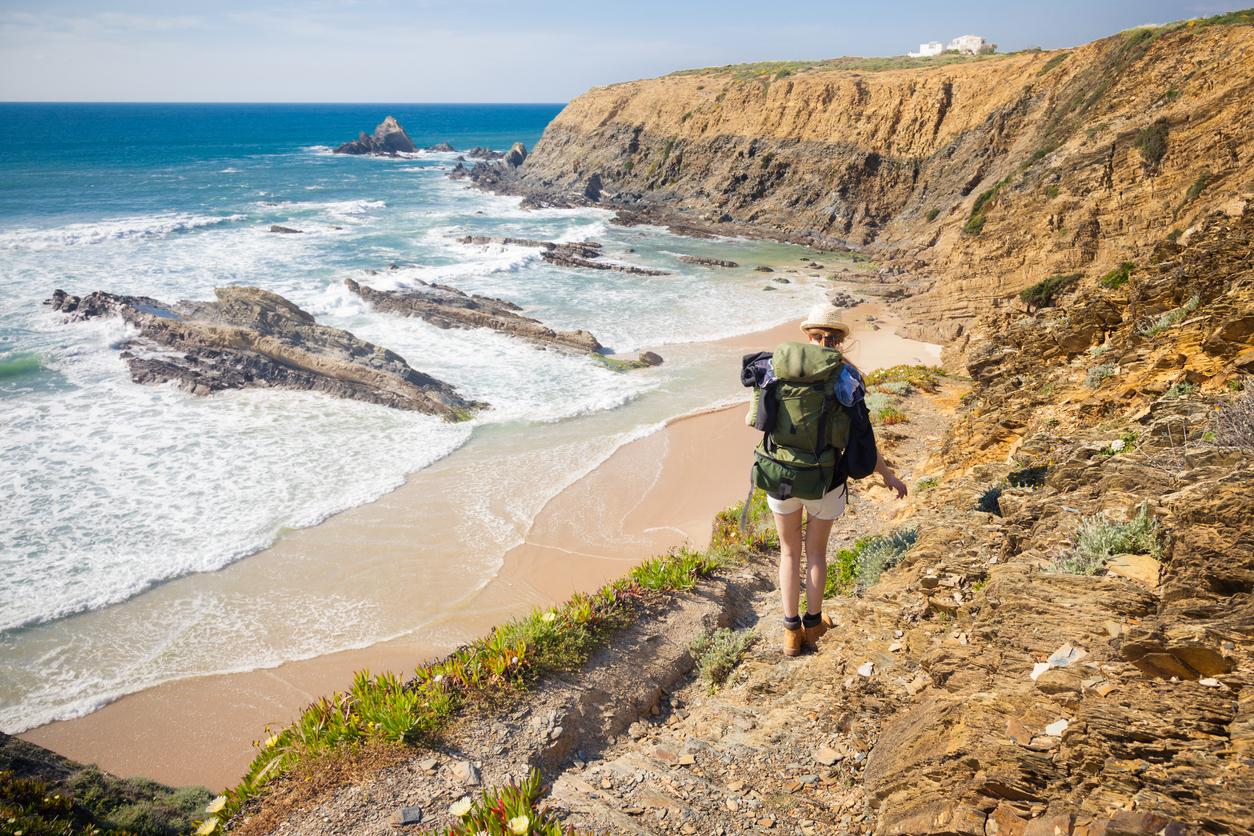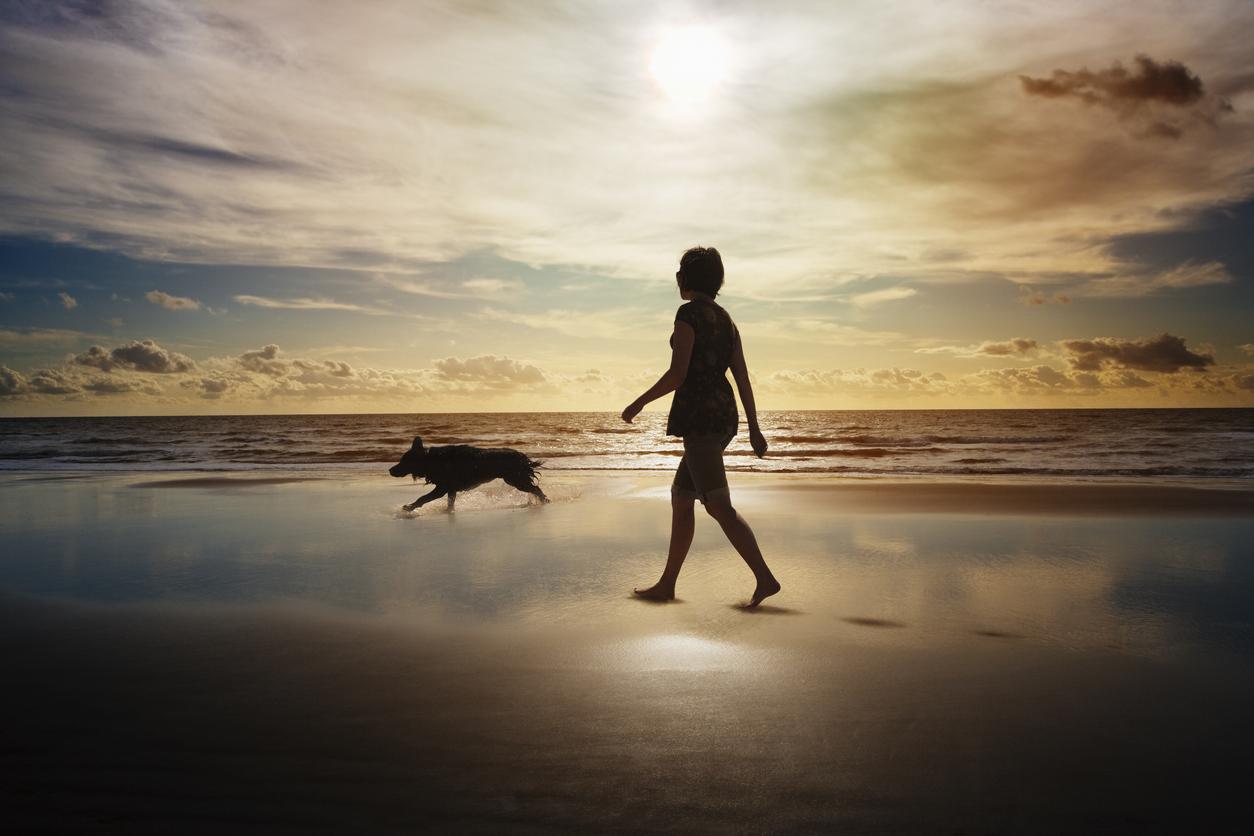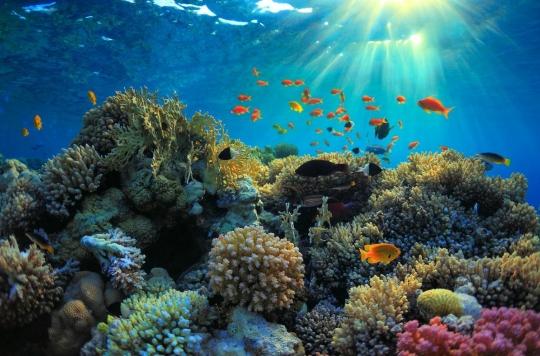Where does seasickness come from?
Seasickness is a kind of variant of motion sickness, often even more unpleasant. Nausea or dizziness is caused by the movements of the boat which disturb the information transmitted to our center of balance. A center of balance which is located in the inner ear and which no longer understands what is happening with the movements of our body.
We all have this balance regulator in our inner ear, so why don’t we all get sick?
There is no real explanation, about 25% to 30% of people are sick in a boat. But it is impossible to know in advance who will get seasick or not.
What can we do ? Are there any precautions to take to avoid getting sick at sea?
Yes. The first advice is to sit in the center of the boat, in the direction of navigation. This is the most stable place, logically this is where it should stir the least. And then, preferably, put yourself in the open air, on the deck for example and especially avoid, if possible, bad smells. The odors of the paint or diesel type aggravate seasickness and have no equal in triggering vomiting.
We tell people who are seasick to respect the 4F rule, what is this rule?
The 4Fs are for the 4 factors that most contribute to the onset of seasickness. 4Fs, such as COLD, HUNGER, RUST and FATIGUE. So, to avoid getting sick on a boat, first of all we cover ourselves. Second, all sailors will tell you, you must not go to sea hungry. In fact, hypoglycemia already in itself causes dizziness, so on a boat with an empty stomach it can be fatal. And then against the jitters and fatigue, try to relax and above all remember that anything that can physically diminish you on a boat may increase your seasickness.
Are anti-motion sickness drugs effective?
These treatments can help, but when you suffer from severe seasickness, it is usually not enough. The good news for those who have planned to go for several days at sea is that in general, it passes after 48 hours. On the other hand, if after 2-3 days you are still vomiting and if you feel weaker and weaker, it may be better to shorten the trip to get back to dry land. The major risk with seasickness is dehydration and it can be serious.
.




